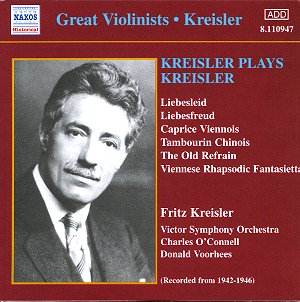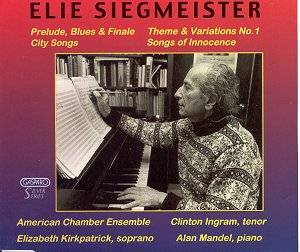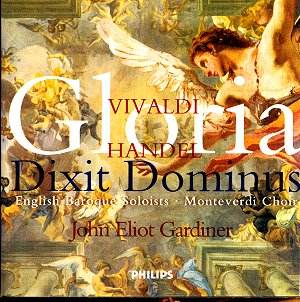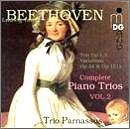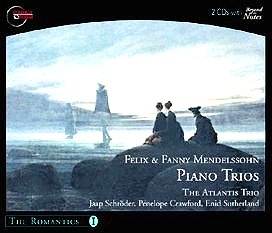 Composer: Fanny Mendelssohn, Felix Mendelssohn
Composer: Fanny Mendelssohn, Felix Mendelssohn
Works: Piano Trio in D minor, Op. 11; Piano Trio No. 2 in C minor, Op. 66
Performers: Jaap Schröder (violin), Enid Sutherland (cello), Penelope Crawford (fortepiano)
Recording: March 2001, Chapel of Our Lady of Providence Center, Northville, Michigan, USA
Label: Musica Omnia M00105
The dual legacy of the Mendelssohns—Fanny and her more famous brother Felix—offers a rich tapestry of Romantic sentiment and structural innovation. This recording, featuring the piano trios of both composers, invites listeners to explore the intricate interplay of their musical voices while highlighting the contrasting emotional landscapes they inhabit. Fanny Mendelssohn’s Piano Trio in D minor, Op. 11, often overshadowed by her brother’s notable output, emerges with newfound clarity and depth, thanks to the meticulous interpretive choices made by The Atlantis Trio.
The performance begins with Fanny’s Op. 11, a work that, while less cohesive than Felix’s offerings, revels in a lyrical richness that mirrors her songs and piano pieces. Here, the ensemble’s use of gut strings and a Graf fortepiano adds a historical authenticity that colors the music with a warmth often lacking in modern recordings. Jaap Schröder’s violin sings with a poignant expressiveness, particularly in the opening Allegro moderato, where the interplay with Enid Sutherland’s cello creates a dialogue brimming with emotional immediacy. The defining moment arrives in the third movement, the Lied: allegretto, where the thematic material feels almost vocal in its yearning. This movement exemplifies Fanny’s capacity to evoke a profound emotional resonance, a testament to her compositional maturity despite the constraints imposed by her gender in a male-dominated musical landscape.
Transitioning to Felix’s Piano Trio No. 2 in C minor, Op. 66, the Atlantis Trio deftly navigates the more intricate structures and thematic development characteristic of his style. The performance captures the work’s formal rigor while simultaneously celebrating its lyrical outbursts. The opening movement, in particular, reveals a dynamic contrast between the energetic passages and the more reflective moments. Here, Penelope Crawford’s fortepiano shines, its crisp articulation and resonant middle register offering a vibrant counterpoint to the strings. However, the balance occasionally tips towards the piano, leading to an imbalance that can overshadow the subtleties of the cello and violin in quieter passages. This imbalance, while not crippling, does challenge the listener’s ability to fully engage with the ensemble’s intricate interplay.
The recording quality itself is commendable, with a clarity that allows the nuances of the gut strings and fortepiano to emerge. However, it is not without its challenges; the resonance of the chapel space can occasionally blur the distinct lines of counterpoint, leading to a wash of sound that, while lush, detracts from the precision of ensemble playing. Despite this, the overall engineering captures the historical intent of the performance, inviting listeners into a sound world that is both intimate and expansive.
Comparatively, recordings of these trios often lean heavily on the emotional narrative of Felix’s work, sometimes relegating Fanny’s contributions to mere footnotes. This recording, however, elevates her trio to stand alongside her brother’s, presenting a compelling case for her musical identity. The Atlantis Trio’s thoughtful programming and skilled execution allow both works to resonate powerfully, showcasing the evolution of the Romantic idiom through the lens of sibling collaboration.
The synthesis of Fanny and Felix Mendelssohn’s voices in this recording serves as a poignant reminder of their artistic kinship and individuality. The Atlantis Trio illuminates the subtleties and complexities of both trios, presenting a compelling narrative that balances historical context with contemporary performance practice. This album is a valuable addition to the chamber music repertoire, urging audiences to reconsider the significance of both Mendelssohns not only as a brother-sister duo but as distinct voices within the rich fabric of 19th-century music.
